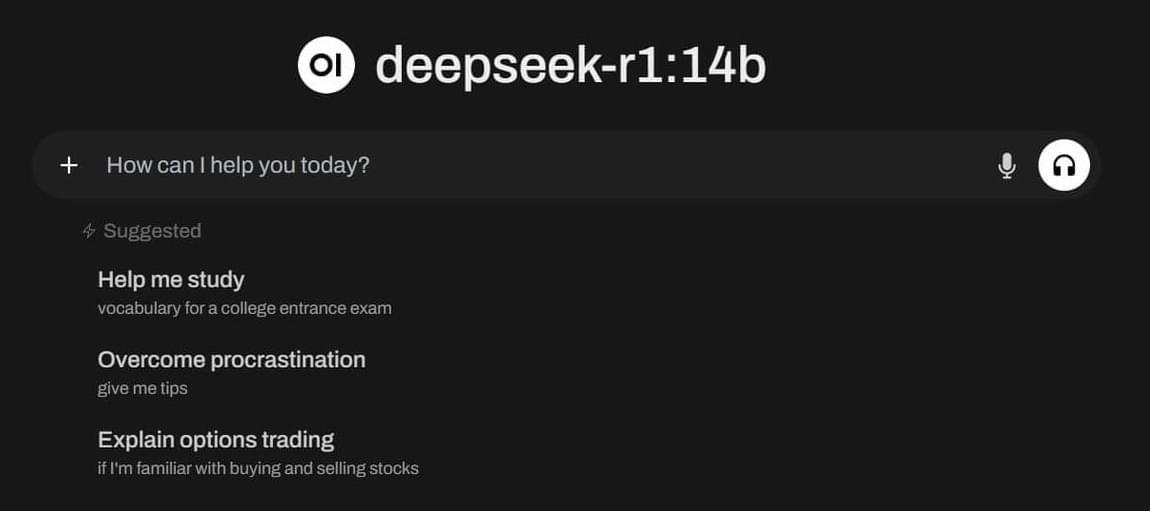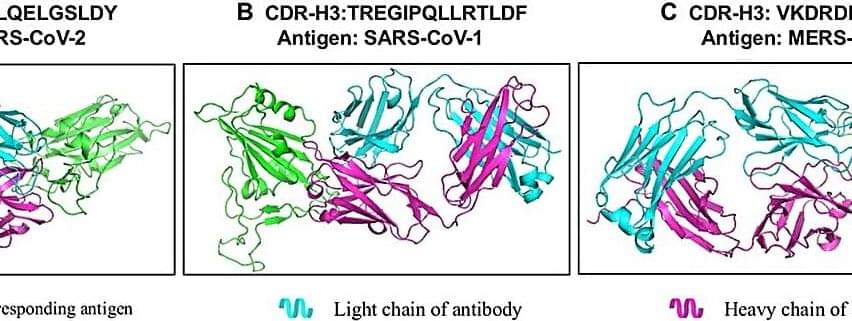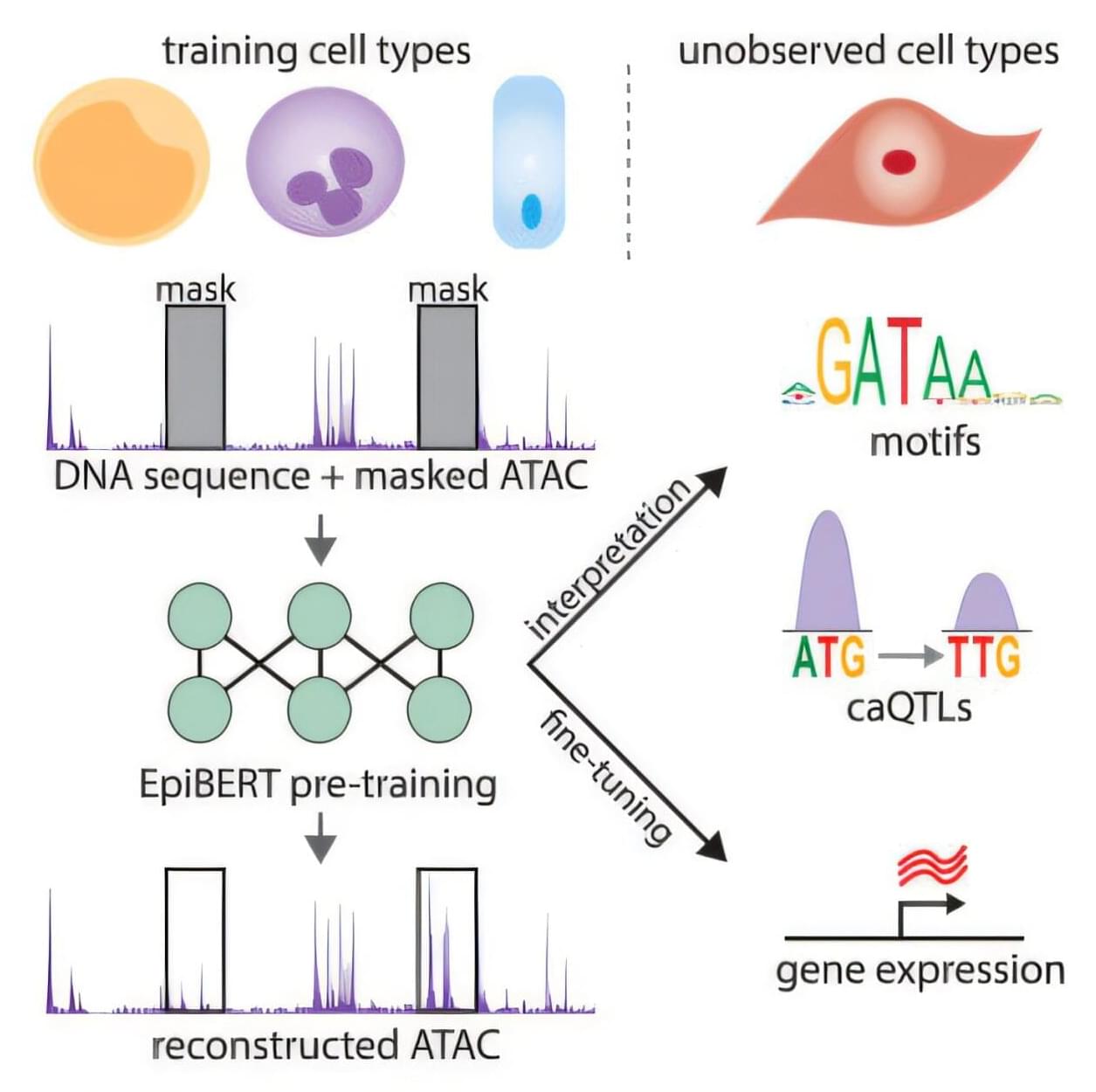s future, predicting a $10 trillion valuation driven by the launch of the Optimus robot and full self-driving technology, alongside ambitious plans for a Robo taxi service and significant production growth +# ## Key Insights.
S vertically integrated supply chains and in-house development of Optimus components make it difficult for competitors to replicate their success in robotics and AI. + Economic Impact.
S most valuable company, worth more than the next 5 largest companies combined, primarily due to autonomous vehicles and robots. + ⏰Autonomous Tesla vehicles are expected to increase car utility by 5x, operating 55 hours/week instead of the typical 10 hours, enabling 24/7 ride-hailing and delivery services.
Safety and Technology.
S Full Self-Driving (FSD) technology is reported to be 8 times safer per mile than human driving, with continuous improvements and updates. + s real-world AI for self-driving is so advanced that Musk jokes competitors would need a telescope to see them, highlighting Tesla Energy and Infrastructure.
S energy storage solutions are becoming increasingly important, potentially doubling the grid Future Outlook.







